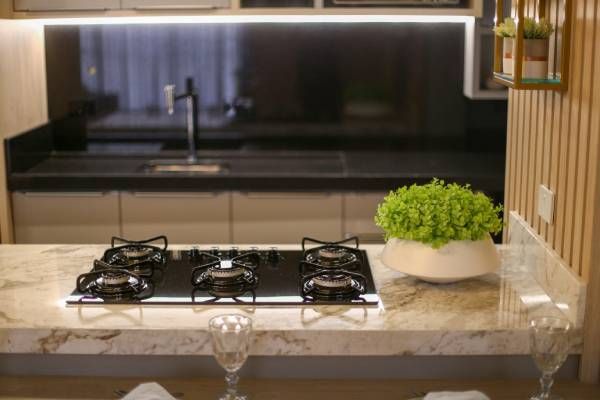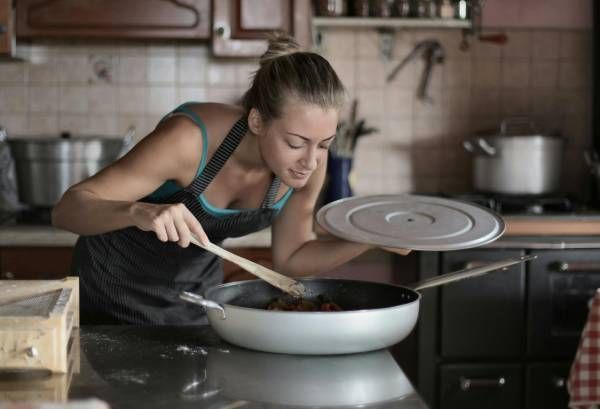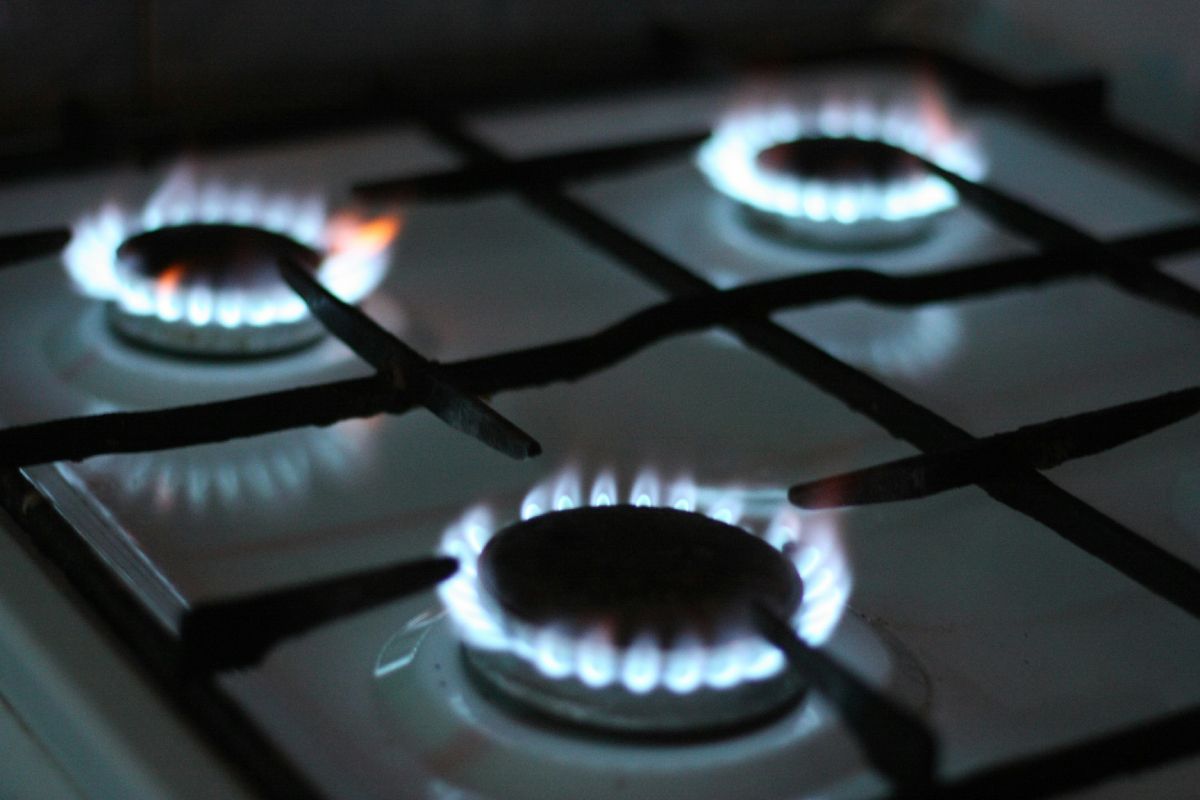Master Plumbers Blog
Choosing Between Electric and Gas Stove and Ovens: 6 Considerations
When it comes to outfitting your kitchen, the choice between an electric or gas stove or oven is one of the most important decisions you'll make. Each option offers unique benefits, but the best choice depends on your cooking style, budget, and household needs.
That said, in addition to personal preferences, practical considerations like safety and efficiency often require expert guidance. With so many factors to consider, it’s thus easy to feel overwhelmed by the technicalities of installation, energy usage, and long-term performance.
Consulting professional plumbers Dunedin residents trust like Mains Plumbers can help ensure that your choice aligns with your household’s specific requirements and complies with necessary regulations. But how can you confidently choose the stove or oven that will best serve your household cooking needs? This guide explores six key considerations to help you decide which appliance is the best fit for your home and lifestyle.
Installation Requirements and Costs
When deciding between a gas and electric stove or oven, understanding the installation requirements is essential. For instance, gas stoves or ovens require a connection to a natural gas supply, which involves specific installation steps like setting up gas lines or ensuring existing ones meet safety standards. By contrast, electric stoves or ovens may need a dedicated circuit or upgrades to your home’s electrical system, particularly if your current setup isn’t designed to handle high-power appliances. These requirements can significantly impact the overall cost and complexity of installation.
These installation requirements impact the practicality and cost of each option. Gas stoves or ovens necessitate expert
gas fitting to ensure secure and compliant connections, while electric stoves rely on precise electrical work to avoid overloading circuits. Choosing the right appliance also means factoring in these installation costs, as they can be a significant part of your overall budget.
Energy Efficiency and Running Costs
Another key consideration when choosing between a gas and electric stove or oven is energy efficiency, as it directly affects your household’s long-term utility bills. Gas appliances typically have lower running costs due to the relatively inexpensive price of natural gas compared to electricity. They also tend to heat up faster, which can reduce overall energy use during cooking. For households where energy savings are a priority, gas appliances often prove to be a cost-effective choice.
However, electric stoves and ovens have their own advantages. Many modern models are designed to be highly energy-efficient, with features like induction technology that minimises heat loss. Furthermore, electricity from renewable sources is becoming more common, making electric appliances a greener option in many areas. Comparing these factors can help you weigh the cost against sustainability when making your decision.
Cooking Performance and Temperature Control
The way a stove or oven performs can make or break your cooking experience. Gas models are prized for delivering immediate heat and precise control. With a simple twist of the dial, you can instantly raise or lower the flame, making it perfect for tasks that require attention to detail, like sautéing or simmering. Additionally, the natural moisture retained in a gas oven makes it excellent for roasting meats and vegetables.
Electric stoves and ovens, on the other hand, shine in other aspects of cooking. In particular, they excel at providing consistent and even heat, which is especially beneficial for baking. Induction cooktops, in particular, offer rapid heating combined with energy efficiency, appealing to modern kitchens. Whether you prioritise flexibility in cooking techniques or prefer steady performance, understanding these differences is essential to finding your perfect match
Safety and Maintenance
Safety is another critical factor when deciding between a gas and electric stove or oven, as each type comes with unique risks and maintenance needs. Gas appliances, for instance, require vigilance to prevent leaks, which can pose a serious hazard if not detected early. Regular inspections by licensed gas fitters are essential to ensure fittings and connections remain secure and safe. Proper maintenance can also help extend the lifespan of your appliance while minimising potential dangers.
While you don’t have to worry about gas leaks in electric stoves and ovens, they aren’t entirely risk-free either. Electrical faults or overloaded circuits are more common than you think and can lead to malfunctions if not properly addressed. The upside, however, is that electric appliances tend to require less frequent upkeep than gas-powered ones. Whether you opt for gas or electric, keeping your stove or oven in top condition involves prioritising routine care and professional assessments.
Environmental Impact
Choosing between gas and electric appliances also involves thinking about their environmental effects. Gas stoves and ovens depend on fossil fuels, which contribute to greenhouse gas emissions. Even though natural gas burns cleaner than some alternatives, it still has a notable carbon footprint—something to consider for environmentally conscious households.
If you prefer a greener choice, electric options are often more sustainable in areas where electricity comes from renewables like wind or solar. Not to mention many newer electric models are equipped with energy-saving features to reduce consumption. By examining how your energy is generated and the efficiency of each appliance, you can make an informed decision that supports your environmental goals.
Upgrades and Futureproofing
When choosing a cooking appliance, it’s vital to think ahead. While gas appliances offer long-term reliability, evolving energy systems may require adjustments to ensure compatibility. For instance, incorporating newer technologies like dual-fuel systems can be a smart move but might also involve additional costs or modifications to existing gas lines.
On the other hand, electric stoves and ovens are often more adaptable to future energy trends. With the growing shift towards renewable electricity, investing in an energy-efficient electric appliance can position your household for sustainability. Considering upgrades now can help futureproof your home.
Choosing the right stove or oven can transform your kitchen’s functionality and efficiency. Whether you opt for gas or make the switch to electric, professional assistance ensures a seamless and compliant setup. At Mains Plumbers, we specialise in expert gas fitting and installation support to help you upgrade with confidence.
Contact us today to get started on your kitchen transformation.
All Rights Reserved | Mains Plumbers (2004) Ltd








